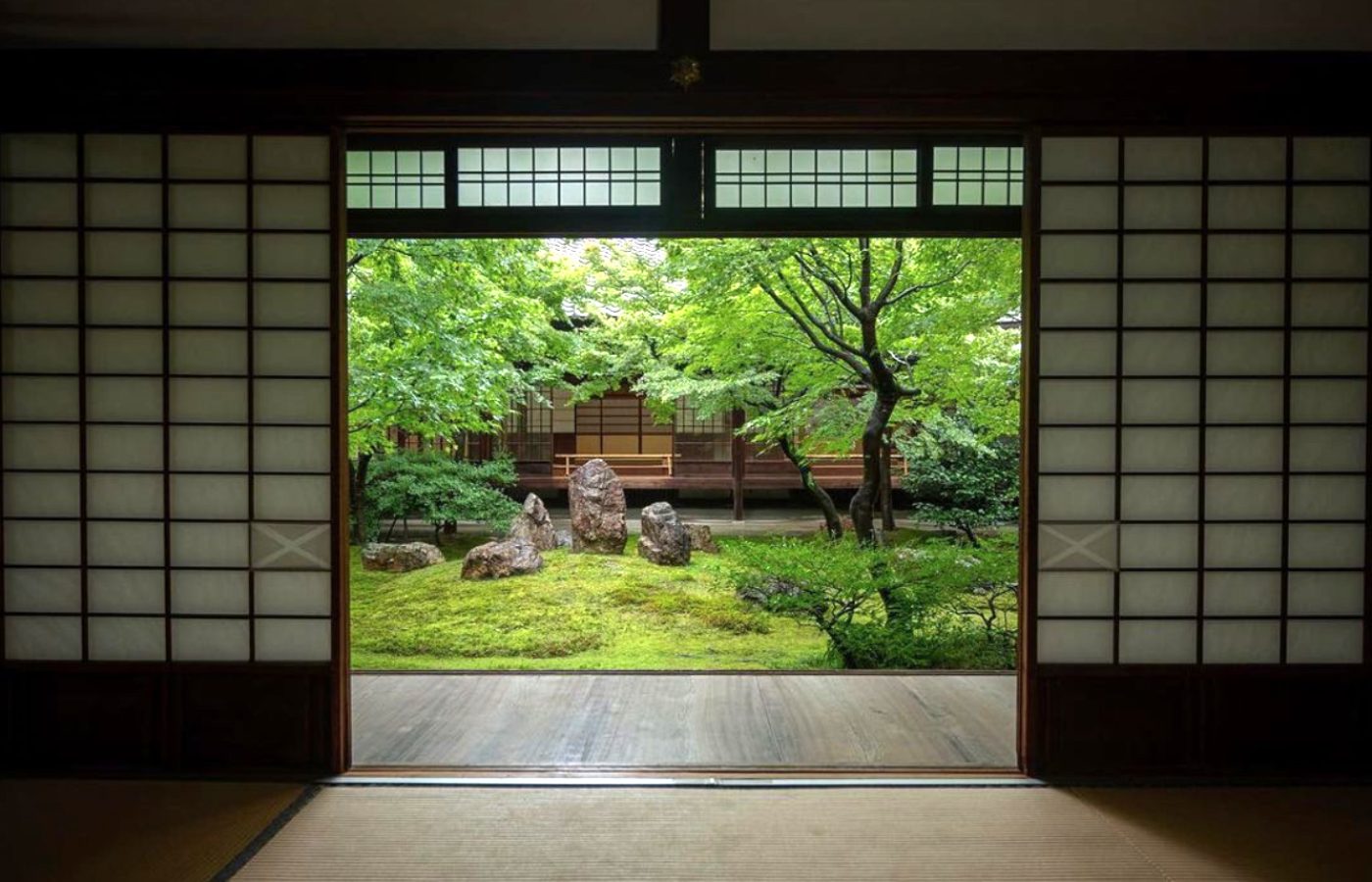
Full of minerals and vitamins
Matcha tea contains lots of minerals, including potassium, zinc, magnesium, iron and calcium among others and vital vitamins, including vitamin B, E, K and C.
*Source: Food ingredient database of Japanese ministries
Please note that these numbers may vary depending on quality of matcha powder, its freshness, harvest season, area, processing and steeping methods etc.
Antioxidants to support immune system
The catechins in matcha tea are antioxidants that support the body’s immune system, helping to protect from diseases and viruses, and have also anti-aging effect. According to the ORAC test for antioxidants, matcha powder is an ingredient with one of the richest content of antioxidants. Tests have shown that (high quality) matcha tea has almost 150 times more antioxidants than regular green tea or nine times more than wild blueberries.
Calm and concentrated awakefulness
Matcha tea is one of the few ingredients that has a high content of L-theanine: an amino acid that creates calm and concentrated awakefulness. Matcha has high caffeine content and when combined with L-theanine, it will have a long-lasting and stable effect. The caffeine of matcha lasts for 4-8 hours; unlike coffee, which gives a short-term energy boost for 1-3 hours and may have a negative and stressful effect on your heart.
High caffeine content helps to overcome fatigue and stimulates metabolism. It might be useful to know that L-theanine content would be reduced when (matcha) is consumed with regular milk. So make yourself a matcha latte with (barista) oat drink or other plant drink instead.
Exactly that state of mind, calm and concentrated awakefulness, is the reason why many people prefer to refresh themselves with matcha tea in the morning or after their lunch. It is a worthwhile experience.
Always prefer high quality matcha
These qualities certainly do not apply to all matcha powders. Preference should be given to the high quality ones, especially those that are made according to traditional methods. Good quality matcha powder can also be determined from its color (should be deep and vibrant green), but also from its rich and grassy aroma and last but not least, its good and taste and aftertaste, full of umami.
You are welcome to try our selection of high quality matcha powders here.